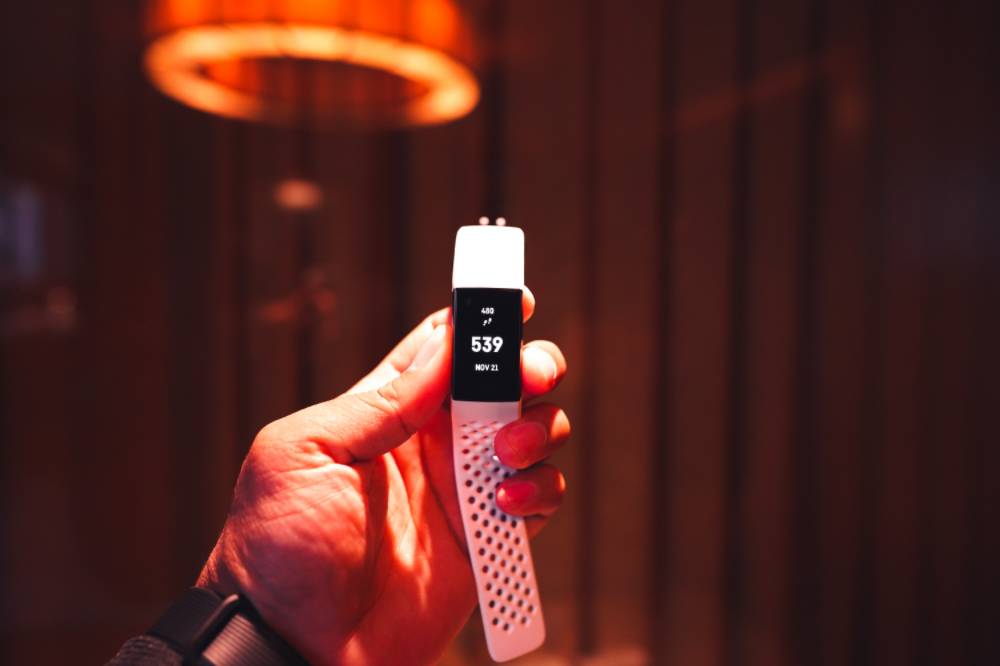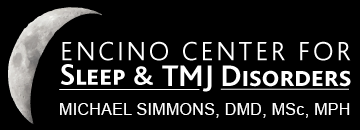
Tracking Your Sleep Using a Fitbit
A good night’s rest is vitally important to nearly every aspect of your life. If you’re getting quality rest, you’ll have less stress and better overall health. On the other hand, if you’re spending your nights tossing and turning, you’re at a higher risk for heart disease, strokes, high blood pressure, obesity, weight gain, and a weakened immune system.
Luckily, there are gadgets on the market that track the quality of your sleep so you can ensure that you’re getting the rest you need for a good day ahead.
Fitbit Breaks Down the Data
There are various Fitbit models that have the technology to track your sleep cycles. These models have sensors that track your movements and your heart rate to determine which cycle you’re in and for how long.
Fitbit groups together similar cycles so you can easily digest information at a glance. For example, there are normally 5 stages of sleep, but Fitbit simplifies it to four, including awake, light, deep, and REM. You’ll receive an overall sleep score for the night and you can see your trends over time and even compare them to others.
Fitbit & Wellness
You can also set up sleep goals that will remind you when you should start getting ready for bed so you get the recommended amount of sleep. Fitbit will wake you up with a silent vibration at your desired time, or you can choose to be woken up at the ideal time in your sleep cycle.
Fitbit also tracks your steps throughout the day and continuously monitors your heart rate so you have an accurate depiction of your resting heart rate. This helps to customize your workout routines and will notify you of which workout zone you’re in or if your heart rate spikes throughout the day.
All of this information combined will help you on your wellness journey. By understanding your sleep patterns and activity levels, you’ll be able to set personalized fitness goals and ensure you’re getting the rest you need for a healthy life.
The Latest Fitbit Technology
In September 2019, Fitbit released its first model that contained a new tracking feature called Sleep Score best (SpO2). The feature can help detect health issues like allergies, asthma, and sleep apnea. In addition to monitoring your heart rate and movement, this new technology has a sensor that measures the blood’s oxygen level.
While the wearable technology may not have the capability to diagnose sleep apnea, it can be a stepping stone to understanding your sleep patterns and help you determine if you should see a sleep specialist who can diagnose the disorder so you can get the treatment you need.
Monitor Your Wellness
When it comes to your health, it pays to be your strongest advocate. By utilizing wearable technology, you can make minor tweaks in your routine that make a big difference. It can also provide you with insight into potential health issues related to your sleep patterns.
If you’re showing signs of sleep apnea, or your wearable technology is indicating that there’s a problem with your sleep cycles, schedule a consultation with Dr. Simmons by calling (818) 300-0070. We’ll be happy to help you on your road to recovery.
